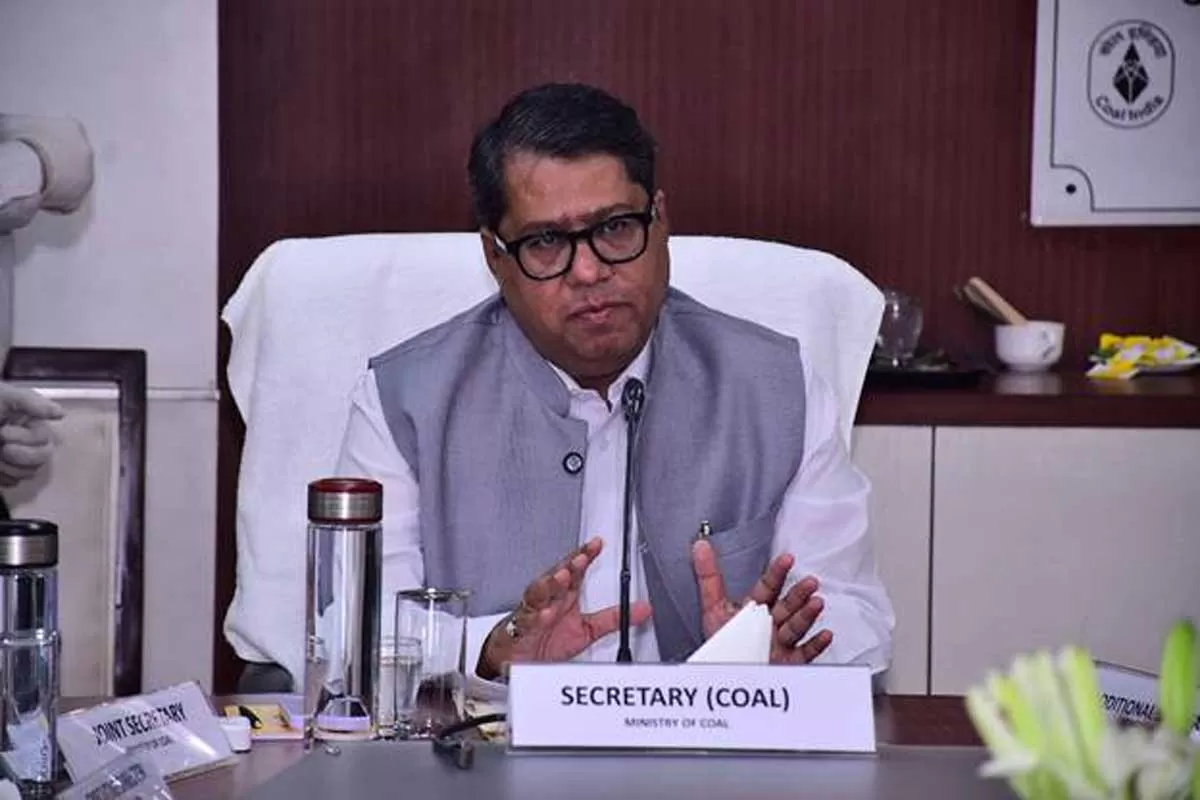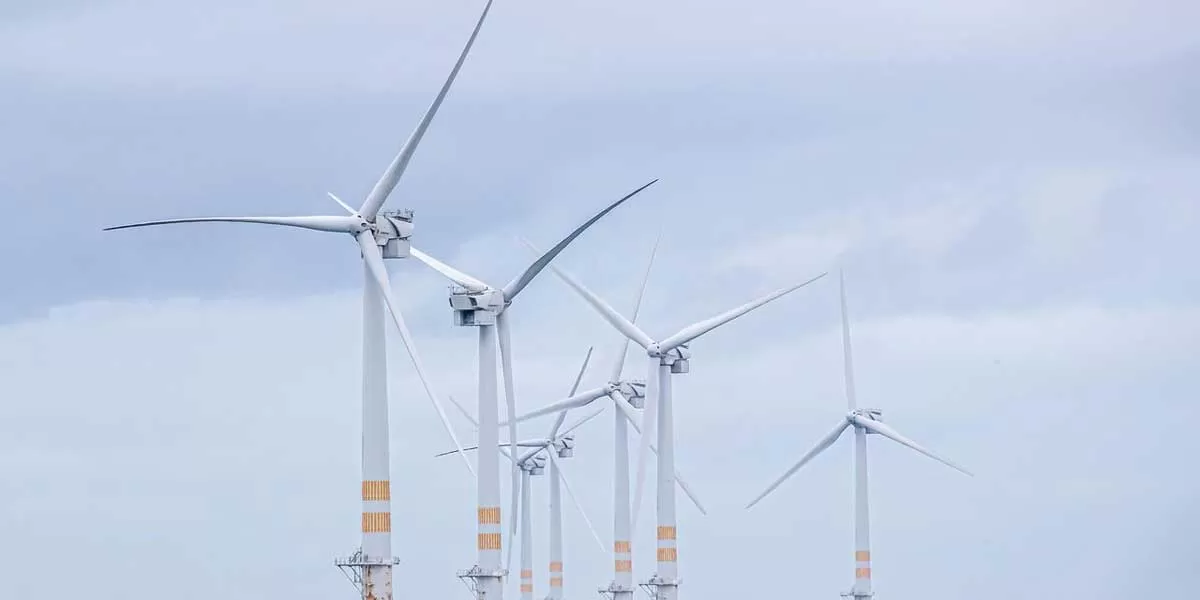
Navi Mumbai Metro Line 1 set to extend up to NMIA

Ministry of Coal Pushes for Sustainable Coal Logistics via RSR Mode
In a move to enhance efficiency and sustainability in coal transportation, the Ministry of Coal hosted a stakeholder consultation on “Exploring the Opportunities for Sustainable Coal Transportation through the Rail-Sea-Rail (RSR) Mode” in New Delhi. The event brought together key players in the coal logistics chain to build consensus on advancing multimodal transport solutions.Secretary of the Ministry, Shri Vikram Dev Dutt, in his keynote address, described the RSR model as a cost-effective and eco-friendly alternative that aligns with India’s broader goals of energy security and logist..

Abb India’s Nelamangala Campus Achieves Mission to Zero™ Status
ABB India's campus in Nelamangala, Bangalore, has achieved Mission to Zero™ status, realising its goal to use 100% renewable electricity (RE100) and by using cutting-edge digital tools to improve on-site energy efficiency. Additionally, reducing its own Scope 1 & 2 emissions by 92%, the facility diverts more than 99% of its waste from landfills and recycles 88% of its water.ABB Nelamangala location, which delivers electrification motion, robotic and automation solutions for a variety of industries, is ABB’s second Mission to Zero™ site in India. Mission to Zero™ is part of ABB’s ..

Tata Motors and Tata Power to Develop Joint Wind-solar Project
Tata Motors announced on that it had signed a power purchase agreement (PPA) with Tata Power Renewable Energy to jointly develop a 131 MW wind-solar hybrid renewable energy project. According to a statement from the Mumbai-based automaker, the initiative is expected to generate approximately 300 million units of clean electricity annually and offset over 2 lakh tons of CO? emissions each year. Vishal Badshah, Vice President – Operations, Commercial Vehicles at Tata Motors, stated that as a major player in India’s mobility and logistics sector, the company was proud to lead the way in sust..














